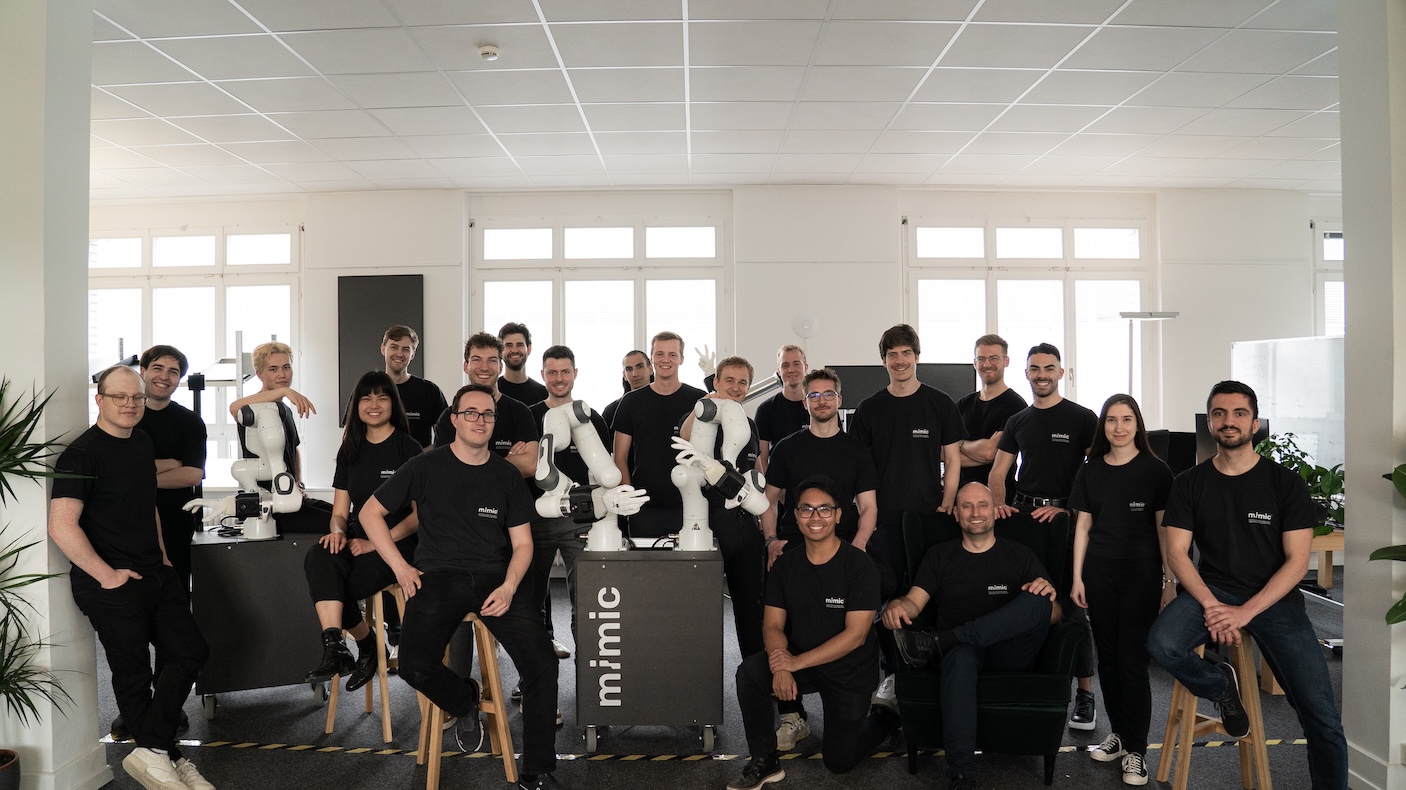Tariffs, Turbulence & Tech: What the New Trade War Means for European Founders
If you’re building a startup in Europe right now, the return of US tariffs is more than just a Washington headline, it’s a signal flare. A new wave of sweeping import duties, including a 20% levy on goods from the EU, has pushed the US's effective tariff rate to its highest level in decades.
The market reaction was swift and unforgiving. Global indexes slumped, with European stocks dropping sharply and Asia experiencing one of its steepest single-day falls in decades. While public markets don’t dictate startup life on a day-to-day basis, they do shape investor sentiment — and that sentiment is increasingly turning risk-averse.
Meanwhile, macro signals are flashing yellow. Jamie Dimon’s recent shareholder letter summed it up clearly: persistent inflation, geopolitical instability, and structurally higher interest rates may define the coming years. For European founders, the takeaway is simple — reassess your exposure and adapt your strategy to a more fragmented, unpredictable global environment.
Direct Hits: Cost Structures and GTM Assumptions
Startups building physical products — whether in defense, medtech, or industrial applications — are already facing margin pressure from rising input costs and mounting export friction. As my Speedinvest colleague Andreas Schwarzenbrunner noted in Business Insider, industries that rely on complex manufacturing — electronics, machinery, chip production — and hardware-heavy sectors more broadly are now navigating spiking costs and renewed supply chain risk.
And, as Andreas told Grunderszene, Robustness will become the new competitive advantage.
Even though our core focus is software, we’re seeing ripple effects there too.
One underappreciated shift: tariffs don’t just affect your bill of materials — they disrupt your go-to-market assumptions. Many European startups default to the US as their first major scale market. That calculus is shifting. The ROI on US expansion — especially in B2B — may now pale in comparison to doubling down in Europe or accelerating growth in Asia, depending on your segment and burn.
There’s also a more subtle risk. For many EU startups, US corporates aren’t just customers — they’re often the primary customers and, in some cases, the most likely acquirers. If those companies face higher import costs, increased scrutiny around foreign procurement, or internal pressure to “buy American,” the pipeline for European B2B companies could tighten — both in sales and exit options.
The Software Side Isn’t Immune
Software startups — especially those in AI, developer tools, or vertical SaaS — aren’t sheltered either. Infrastructure costs are climbing, sales cycles are lengthening, and capital markets are shifting.
A major blind spot: most European AI companies are still built on US hyperscalers. That’s no longer just a vendor choice — it’s a geopolitical risk. Tariffs and trade instability introduce volatility in compute pricing and access. That risk is real, and founders should reflect it in pricing models, runway planning, and infra strategy.
We also expect later-stage US investors to stay closer to home. If your next raise depends on American capital — especially crossover or multistage funds — you’ll need a contingency plan.
New Moats, New Moves
But this isn’t just a risk story — it’s a reset. And some startups are positioned to thrive:
- Localization becomes a feature. Startups with regionalized ops, local suppliers, or Europe-first stacks now stand out. Strategic independence isn’t a niche pitch — it’s a differentiator.
- Export logic is flipping. For years, the guiding question was: “How do we sell into the US?” That still matters — but increasingly, smart founders are asking: “What can we build, own, or acquire outside the US that gives us a strategic edge in Europe?”
- Sovereignty is a budget line. From compute to compliance, governments and corporates are looking to de-risk infrastructure. That urgency creates opportunity — especially for startups that align with public-sector priorities.
Macro Uncertainty, Strategic Drift
The deeper concern right now isn’t just cost — it’s confidence. The broader picture is still evolving, but signals are turning. Even allies of the current US administration are sounding the alarm. Bill Ackman, long a vocal Trump supporter, posted bluntly: “Business is a confidence game. The president is losing the confidence of business leaders around the globe.” Elon Musk, meanwhile, called for a “zero-tariff situation” with Europe — a notable shift in tone.
Markets are volatile. Policy is unpredictable. And across Europe, there’s growing urgency to respond — whether through deeper tech sovereignty, industrial policy, or reshoring initiatives. But meaningful change won’t come overnight — and it won’t bring immediate clarity for founders.
What We’re Telling Our Founders
So what should startups do? Focus on what you can control: narrative, burn, customer value, and flexibility.
This isn’t the moment to rewrite your entire GTM strategy or overhaul your supplier base. But it is the moment to understand where you’re vulnerable — and how you'd respond if tensions escalate. We’re advising teams to:
- Reassess where your next round is likely to come from — and how sensitive those investors are to global volatility.
- Pressure-test your reliance on US infrastructure or customer bases — especially if future tariffs go beyond goods.
- Ask how you frame your product: Can you credibly position yourself as local, resilient, or sovereign-aligned?
- Understand your second-order exposure. Even if you don’t ship physical goods, do your customers or suppliers? What happens if they pull back?
- Revisit your expansion roadmap. Is the US still the best next move — or is there a more compelling growth story closer to home?
Above all, stay close to customers. The best signals usually come from buyers — well before they show up in policy papers or cap tables.
One Last Thought
This isn’t just another trade spat — it’s part of a broader shift in how nations think about resilience, growth, and competition. What makes this moment different is that it’s not just about tariffs — it’s about strategic alignment. And in that frame, every founder is a small but vital part of a much larger system.
As Jamie Dimon put it: This is not the time to be complacent. But it’s also not the time to freeze. The best companies won’t just endure this moment — they’ll use it to refine their models, deepen their resilience, and claim new ground.
Europe is still an incredible place to build. And now’s the time to prove it.













.svg)
